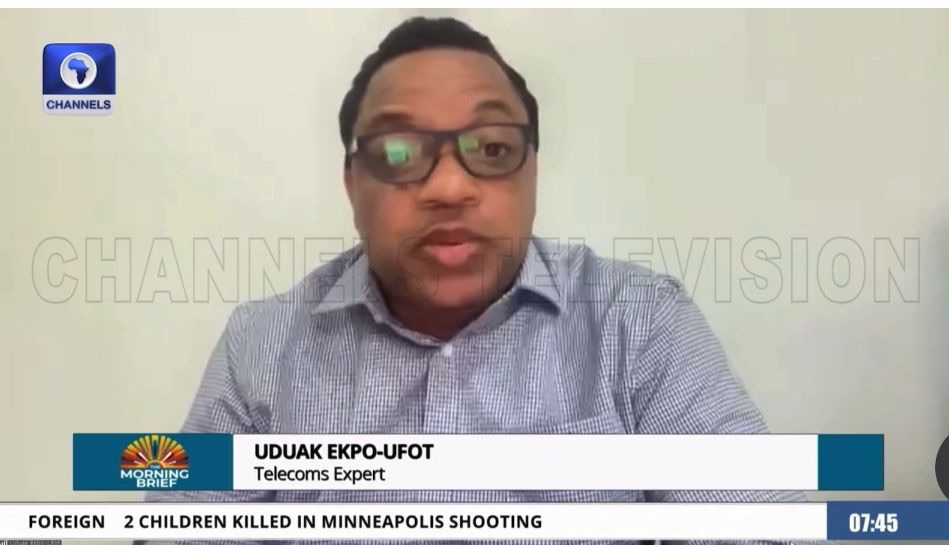
Nigeria’s telecommunications sector has reached maturity, raising questions over whether stricter controls on SIM cards could help curb the country’s kidnap-for-ransom crisis.
Hon. Uduak-Obong Ekpo-Ufot, a technology, media and telecoms expert and Member of Parliament representing Etinan State Constituency in the Akwa Ibom State House of Assembly, called for sweeping restrictions. He suggested halting the sale of new SIM cards for 12 months nationwide, after which sales would be permitted only during a one-week window each month. He also proposed limiting distribution exclusively to banks and POS agents, and only to broadband users.
The lawmaker was reacting to an SBM Intelligence report showing that between July 2024 and June 2025, more than 4,700 Nigerians were kidnapped, with ₦2.57bn paid in ransoms against ₦48bn demanded. Ekpo-Ufot said kidnappers rely heavily on disposable pre-registered SIM cards, which are quickly discarded after each crime, fuelling a cycle of abductions.
Speaking on Channels TV, he noted that Nigeria’s rebased GDP for 2024 stood at ₦372.8 trillion, with the kidnap industry accounting for around 0.01% of GDP — a figure he warned could grow significantly if unchecked. For comparison, the textile, apparel and footwear sector posted 0.23% growth in Q3 2024. Despite a national cash crunch, he added, ransoms continue to be paid in cash, entrenching the criminal enterprise.
Telecoms data shows active GSM lines peaked at 226 million in February 2023, but dropped to 141 million by January 2025, suggesting real users hover at about 145 million. In 2021, operators claimed ₦1.1bn in losses during a SIM registration ban — minor compared to the sector’s ₦3.2 trillion revenue that year. By mid-2025, Nigeria’s largest operator had already generated ₦2.38 trillion and was projected to hit ₦5 trillion by year-end, boosted by tariff hikes and forex gains. Ekpo-Ufot argued this proves the industry is not reliant on SIM sales.
Applying Pareto’s principle, he said 20% of subscribers generate 80% of telecoms revenue. With 63% of Nigerians — some 133 million people — living in multidimensional poverty, mostly in rural areas, the true revenue base lies with long-term customers. Any line active for at least 12 months, he argued, should be considered a “real” customer.
Ekpo-Ufot concluded that restricting SIM sales is a necessary step against kidnapping, even if critics see it as a blow to digital inclusion. “Extraordinary problems require extraordinary solutions,” he said. “Since men have learned to shoot without missing, birds have learned to fly without perching. We must now decide whether we are the birds or the men.”




